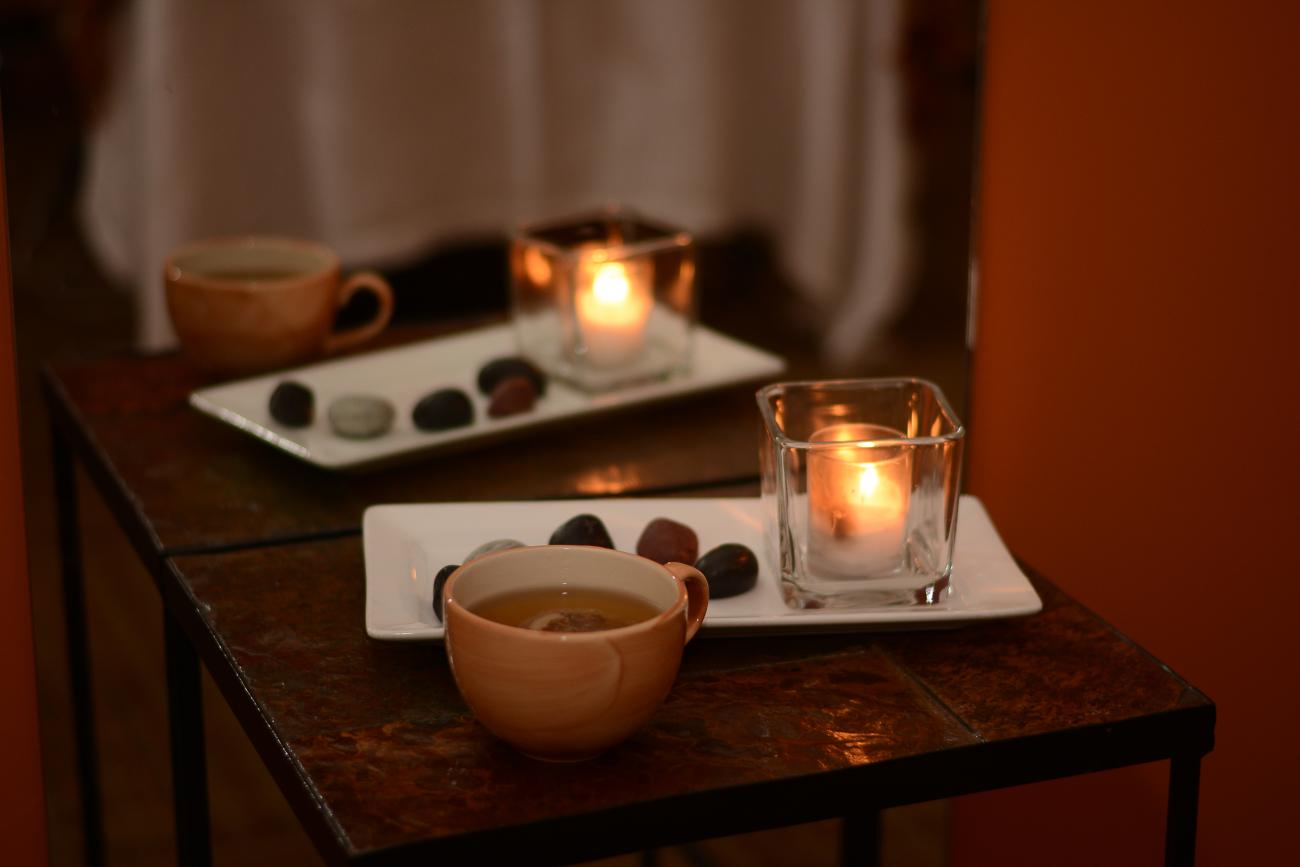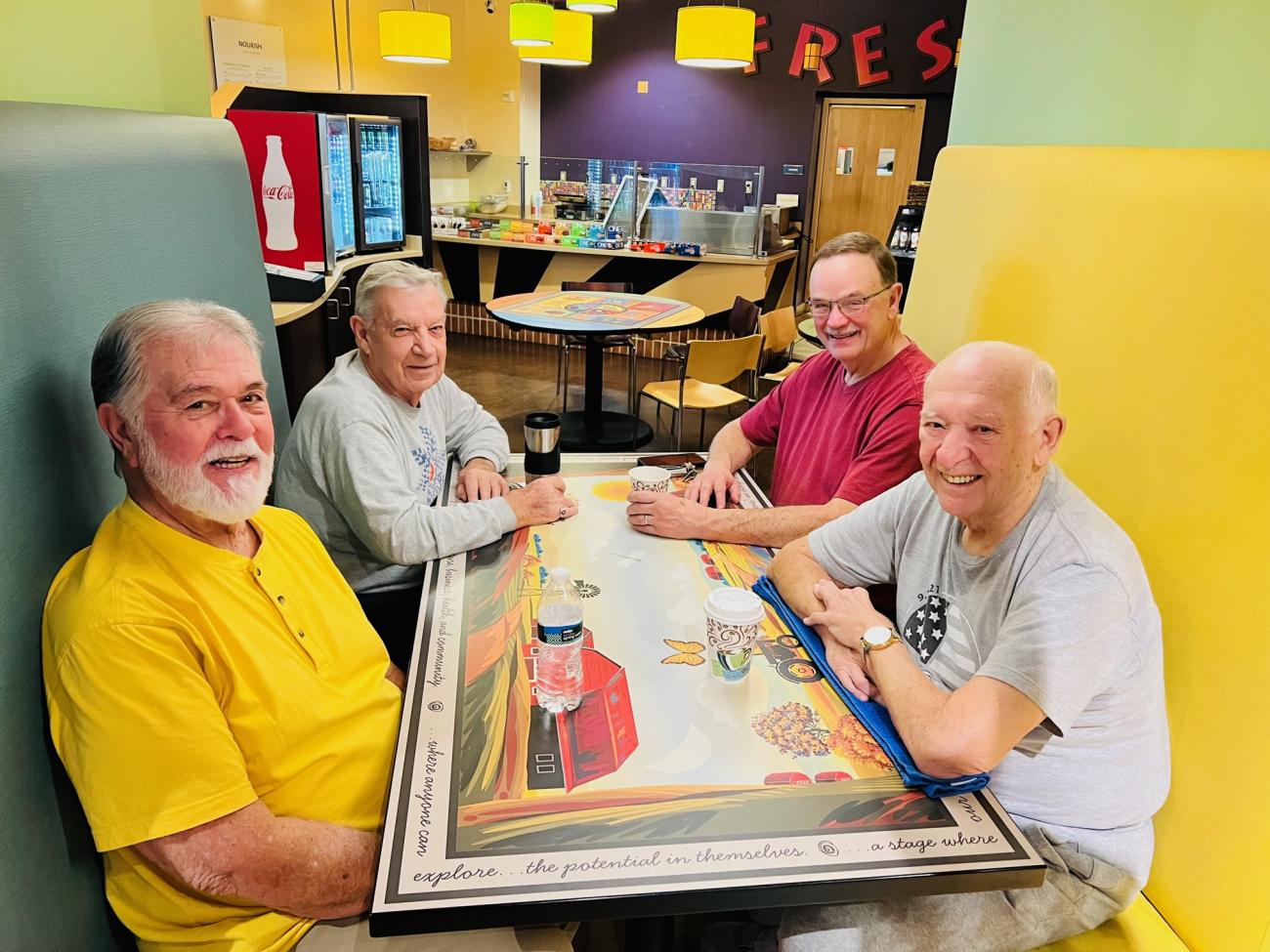
Recently, I was meeting with one of our leaders at the hospital and she dropped an often-used phrase into our conversation. We were discussing the everyday stressors of working in a 24/7/365 field like healthcare and she said, “well, you cannot pour from an empty cup.” So simple, so true and so visual. There are probably a lot of you reading this and nodding, who often have a similar thought pass through your mind; how much more can I give?
If you are running on empty, it may be that you are not getting enough rest. I know this change of weather makes me want to dive back under my blankets or find my coziest clothes to lounge in! But, being well rested is more than getting a solid night of sleep or a long afternoon nap. The human brain actually needs several different types of rest to be fully functioning.
In 2019, a well-known internal medicine physician did a TED talk about the importance of rest. The concept? Sleep is essential for survival, but rest—conscious relaxation—is, too.
Here are a number of ways to become more well rested:
- The first type is the most obvious one we think of which is sleeping, but this also includes more restorative actions such as yoga and massage. These help our body with circulation and flexibility, which in turn help our mobility and overall function.
- The second type is equally important which is our mental rest. This happens when you work to set aside that continual checklist going off inside your head. The world will not crumble if you take a short mental break every couple of hours. If you are especially bothered by this at night, keep a notepad by your bed to write down those circling thoughts.
- The third type we all need (note to self) is sensory rest. Bright lights, computer screens, smart phone blue light, background noise and multiple conversations will all keep our senses on overload. Turn these off by closing your eyes or putting on noise canceling headphones for a few minutes in the middle of the day. This is especially needed at night before we go to bed. Simply put, it is vital to give the brain time to slow down.
- A fourth type of rest is creative rest. Are you a continual problem solver or someone who likes to come up with new solutions, on repeat? You will super charge this part of your brain if you are able to create time and space to reconnect with awe. This can be inspired by watching a sunset, the calm beauty of your sleeping child, or listening to great music. Anything that creates that sense of appreciation can trigger creative rest.
- Emotional rest is another very important aspect of our health. There are times in our lives where we are called upon to help carry others burdens for them. These are healthy relationships when this is reciprocated. You can find emotional rest when you surround yourself with positive, supportive people – being a shoulder for them to lean on and, in turn, leaning on them.
- The final type of rest is spiritual rest. It is a foundational necessity to connect beyond the physical and mental. This rest feels like a deep sense of belonging, love, acceptance and purpose. You can find this by engaging in something greater than yourself and adding in prayer, meditation or community involvement to your daily routine.
If you find yourself still feeling sluggish, even when you have had enough sleep, try some of these techniques. And, as always, reach out to a Sparrow provider to ask additional questions you may have about becoming your healthiest self.
Eaton Proud. Sparrow Strong. Mitten Made.
Helen Johnson, RN, MSN, NEA-BC, FACHE
Sparrow Eaton Hospital President





